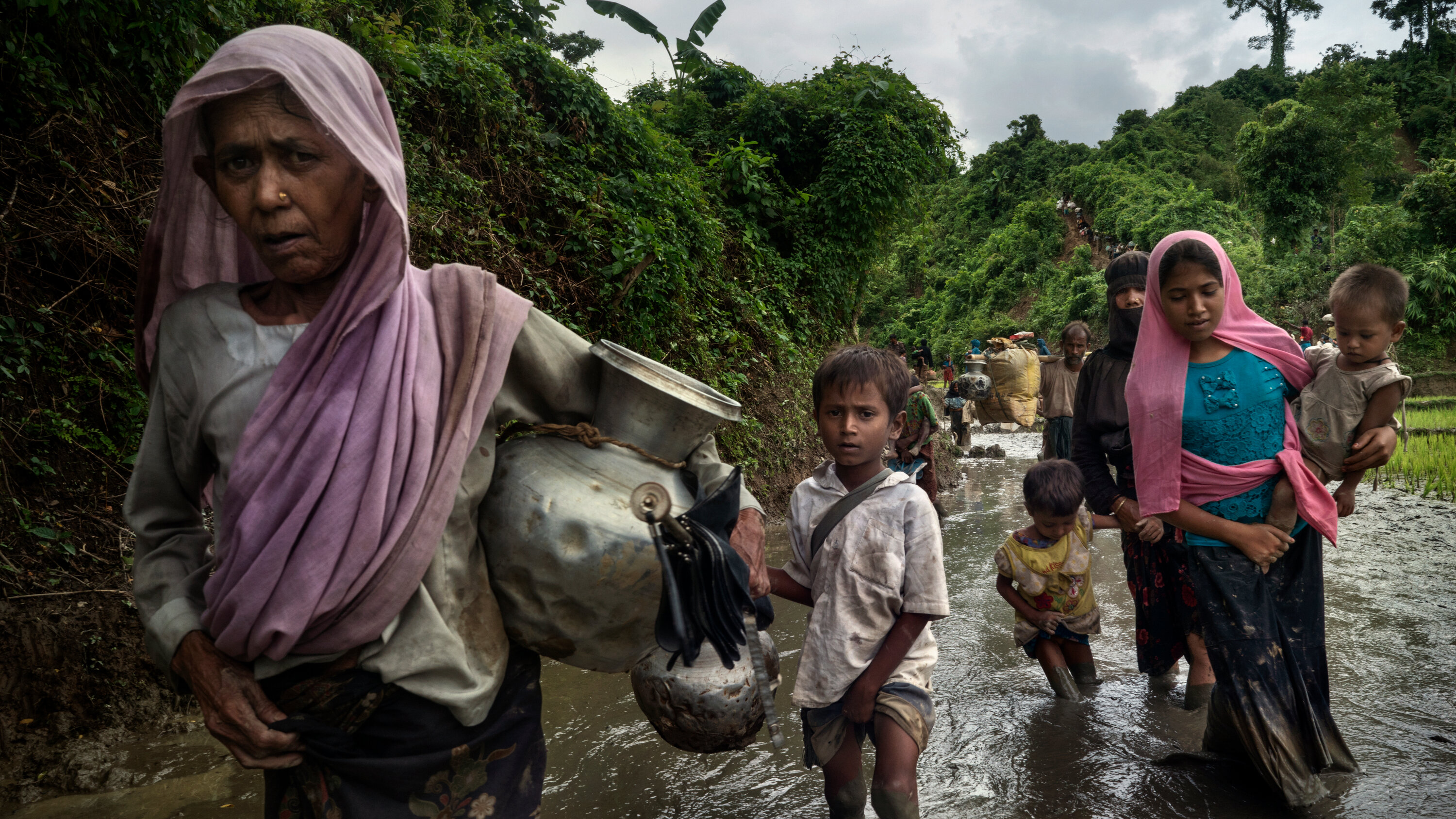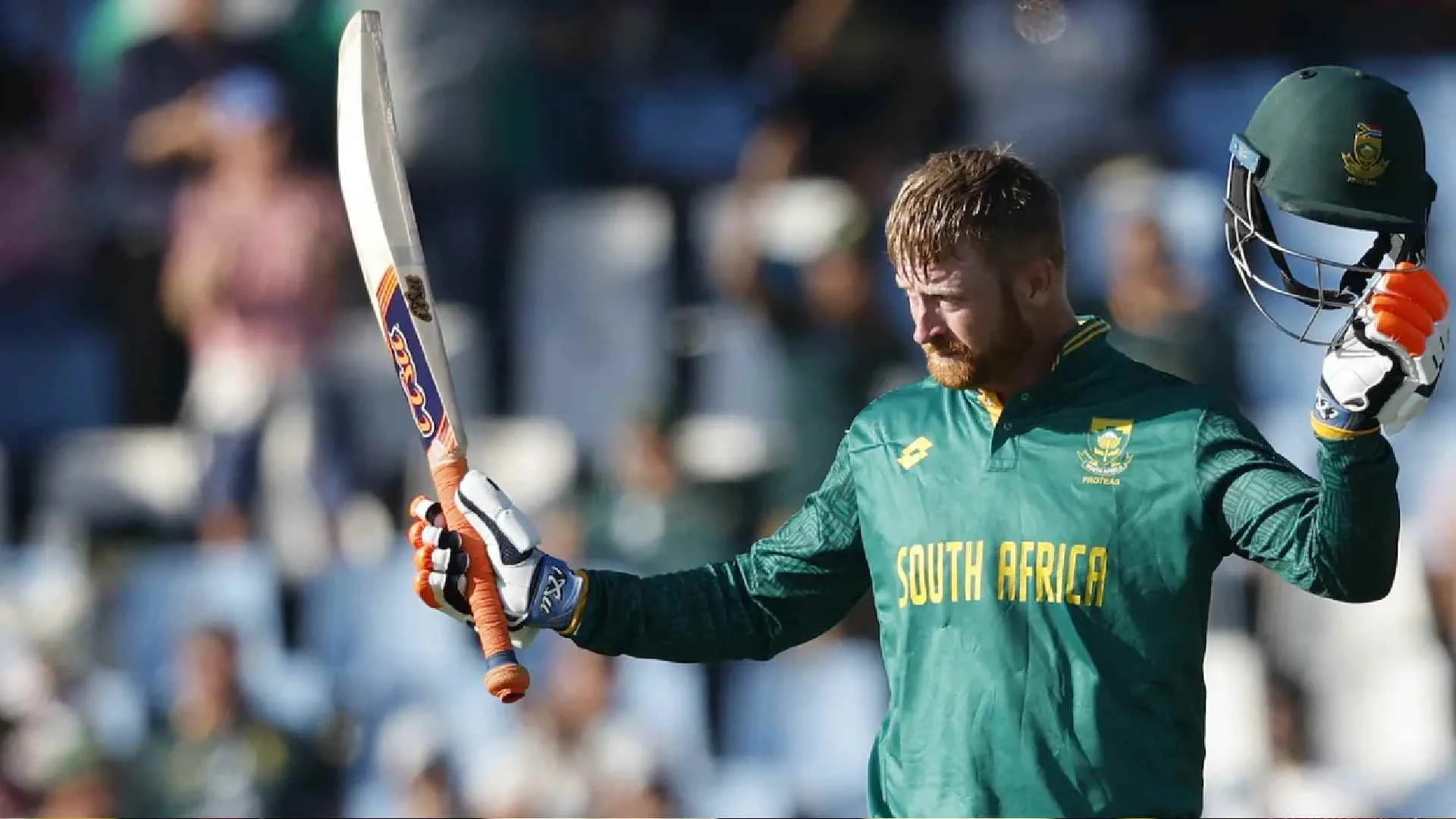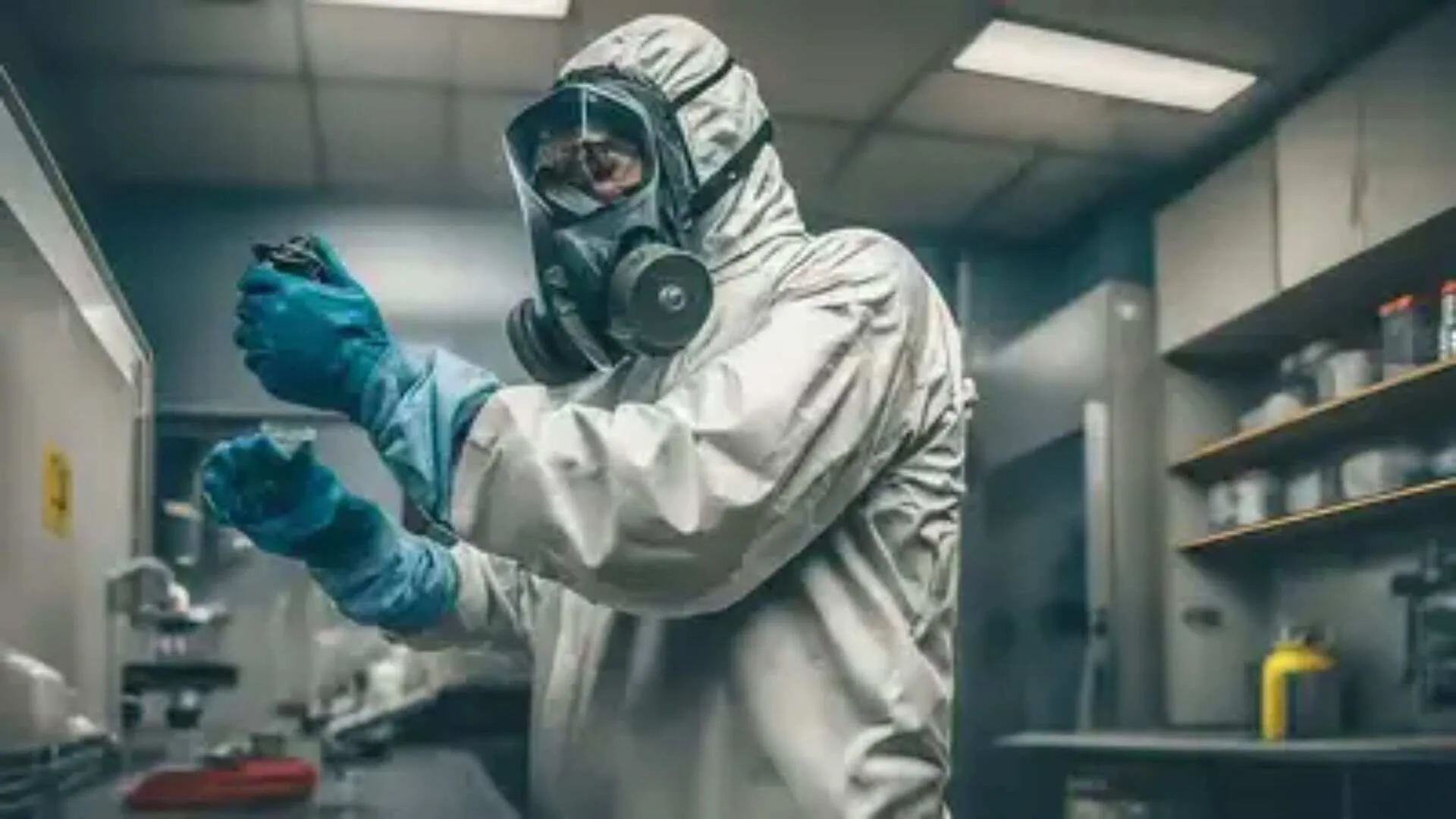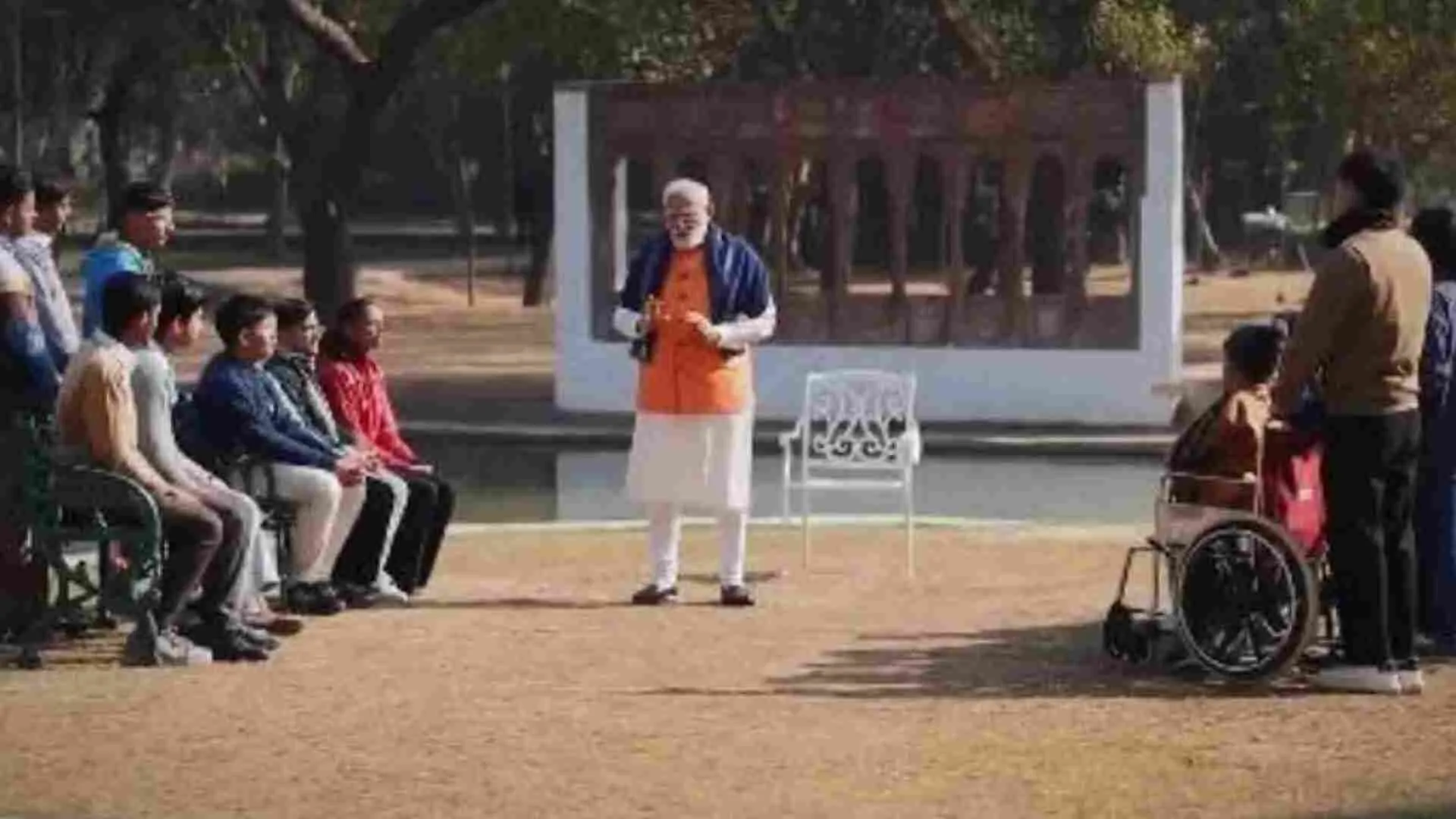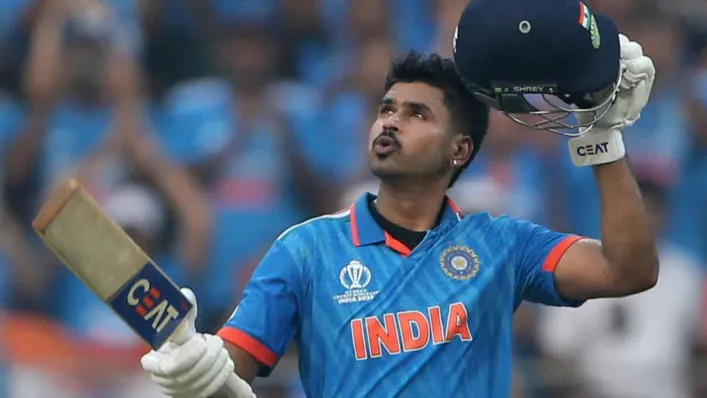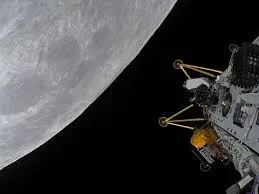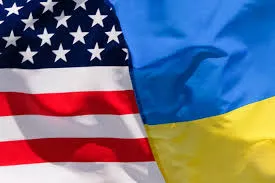The Bangladesh genocide perpetrated by Pakistan, one of the biggest after World War II, took place when Bangabandhu Sheikh Mujibur Rahman declared the independence of a sovereign new Bangladesh in the early hours of March 26, 1971.
Pradip Kumar Dutta, writing in the Daily Sun, said that Bangladeshis are enjoying their freedom and are developing well as a country. But the world still owes the country something very important, namely, the recognition of the genocide and its consequent remedies.
The genocide that the whole world has witnessed has not yet been internationally recognised. The pertinent question arises: will the UNHRC recognise the Bangladesh genocide in its 51st session?
As can be expected, Pakistan and its supporters will obviously opt for denial, as in every single case of genocide. But the countries of the whole world and the world bodies, including the United Nations, cannot just keep silent on the issue.
The Bangladesh government and all sections of the country’s population should raise a concerted, strong voice demanding recognition. But it is high time that we should become proactive in achieving our reasonable goal.
In recent years, we’ve seen some progress in this regard. Bangladesh’s government has declared March 25 Genocide Day. “Civil society has also raised its voice, and different civil society organisations are raising the issue in different international forums to push for the demand of 1971 genocide recognition,” said Dutta.
So far, two internationally acclaimed organisations working on the prevention of genocide worldwide, namely the Lemkin Institute for Genocide Prevention and Genocide Watch, have recognised the 1971 genocide and issued statements to that effect, reported the Bangladeshi publication The Sun.
In their statements, they have emphatically recognised the mass killings, war crimes, crimes against humanity, and genocide committed by Pakistan and called upon the international community, including the United Nations, to come forward and recognise the genocide.
They also have supported the demand of bringing the perpetrators to justice. They have rightly pointed out that such international recognition will pressure Pakistan to work with Bangladesh towards the closure of the chapter by taking all actions to achieve and ensure justice to the victims.
Lemkin Institute also studied in depth the refugee crisis, sexual violations by the Pakistan army, planned annihilation of intellectuals and mass killings, all of which were parts of the genocidal acts.
In the meantime, a Bangladeshi diaspora organisation BASUG, having its base in the Hague and having ECOSOC status in the UN has submitted a statement on the 1971 Bangladesh genocide to the UN Human Rights Council.

